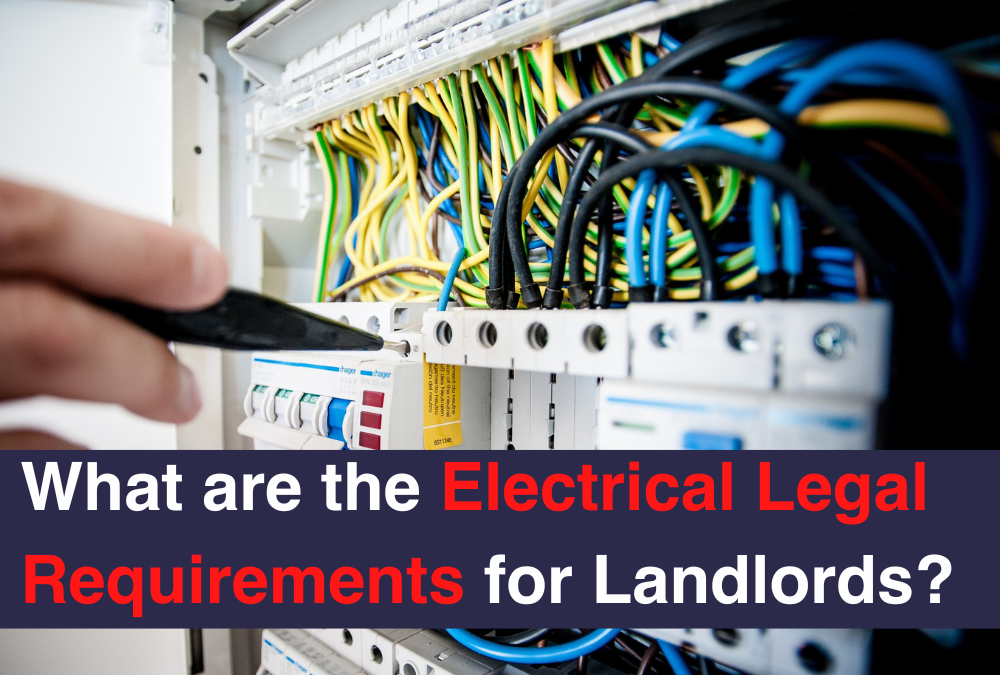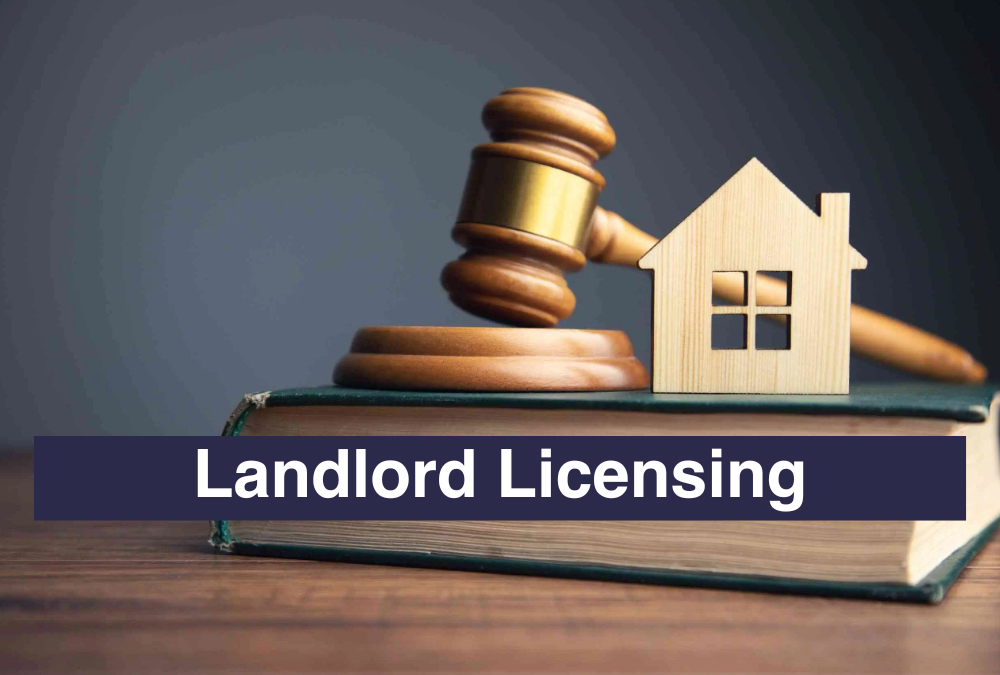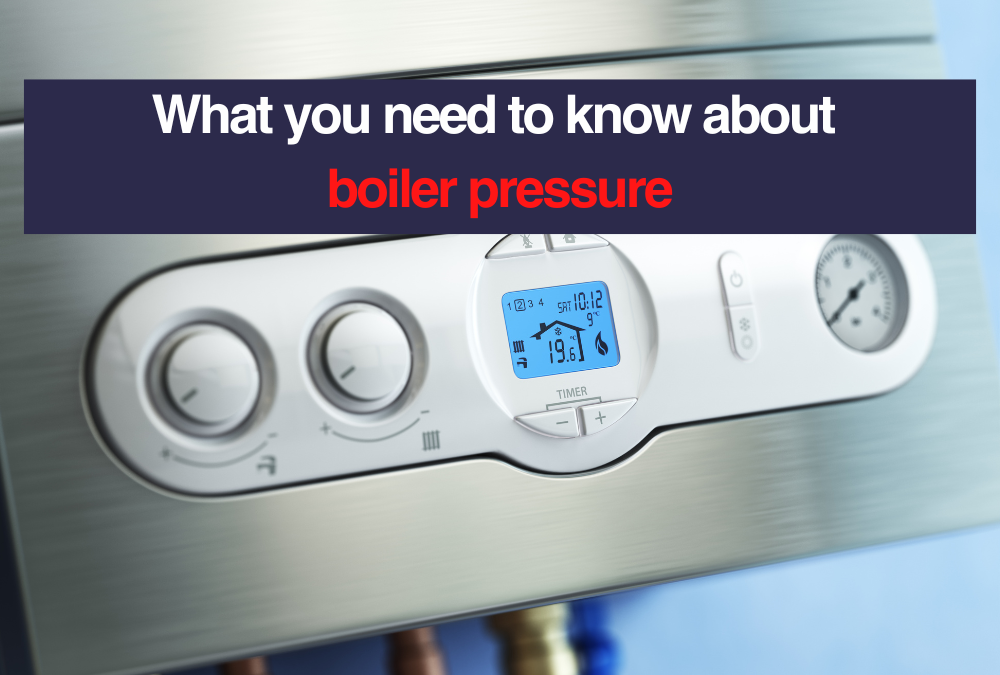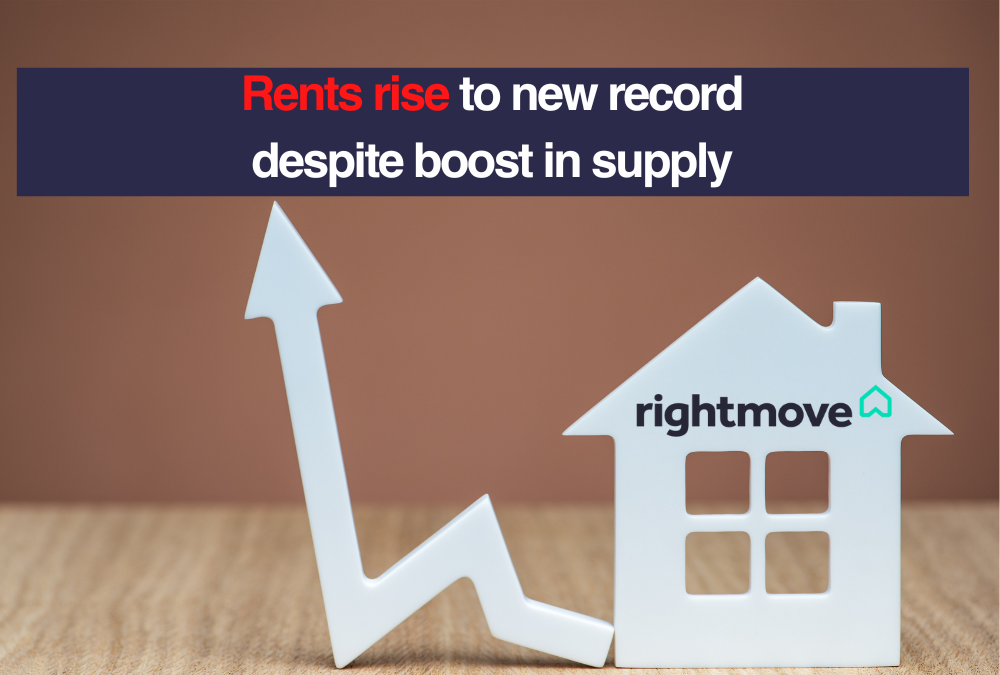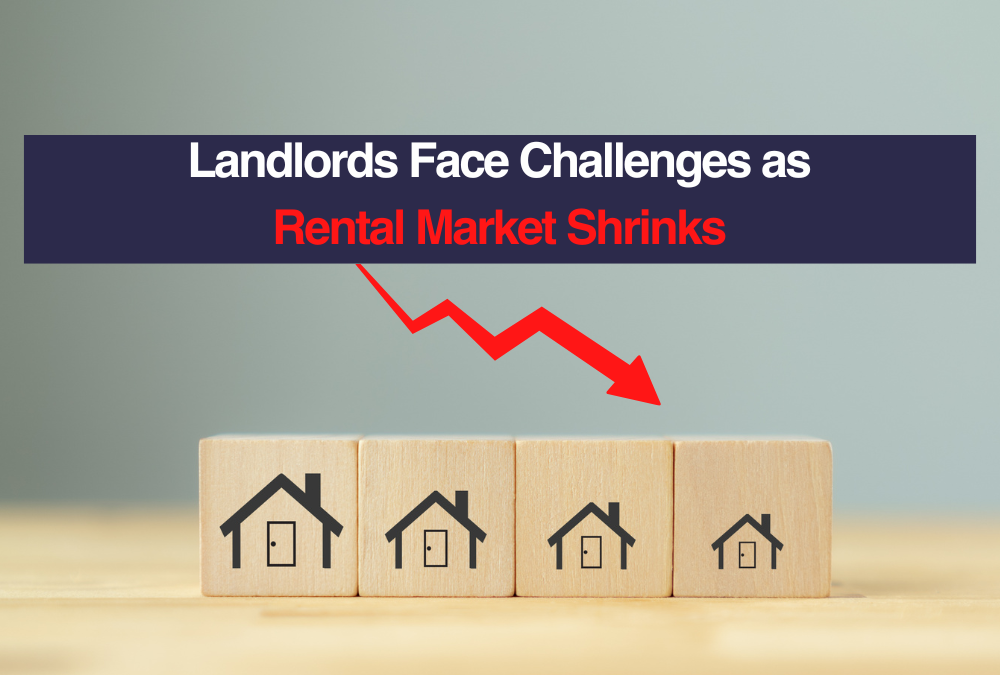Legal standards for electrical safety in private rented property have been in force since 2020, with the aim of protecting tenants from the dangers posed by faulty electrics. This means that all properties must have a valid Electrical Installation Condition Report (EICR) in order to be rented out
Read our guide to find out what an EICR involves and what this means for landlords;
What Are the Regulations?
These are the Electrical Safety Standards in the Private Rented Sector (England) Regulations 2020.
Under the regulations landlords are required to have the electrical installations in their rental properties inspected and tested by a ‘qualified and competent’ person at least every five years
Landlords must supply a copy of the electrical safety report to their tenants and to the local authority if requested. If you are renting a property and do not have a valid EICR, you are in breach of this legislation
What Is a ‘Qualified and Competent’ Person?
The law says that landlords must use a ‘qualified and competent’ person for electrical work on their rental property, which is a pretty broad description!
We would advise landlords to see if their electrician ticks these 3 boxes before they complete an EICR;
- Experience: A trusted electrician will have several years’ experience carrying out EICR’s so look for reviews and see how long they’ve been operating
- Knowledge: As well as knowing the BS 7671 standards like the back of their hand, your electrician should have a full working knowledge of the Electricity at Work Regulations (1989) and the Health and Safety at Work Act (1974)
- Accreditation: For full peace of mind, look for accreditations. The Electrical Safety Register, NAPIT and NICEIC are big regulatory bodies
At Horizon Lets we always work with experienced and trusted electricians, and we always check their accreditations thoroughly
How Much Does an Electrical Safety Certificate Cost?
Expect an Electrical Installation Condition Report to cost between £80 and £150. The price will depend on the size of the property and the complexity of the job. Electrician’s rates can vary as well, so it is worth it for a landlord to put in the time and get a few quotes.
What Types of Tenancy Do the Regulations Cover?
If a tenant has the right to occupy a property as their only or main residence and pays rent, then the regulations apply. They also apply to Houses of Multiple Occupation (HMOs).
What Happens at the Inspection?
The electrician will test and inspect the fixed electrical installations in the property. This includes fuse boxes, wiring, plug sockets, light fittings, electric showers and extractor fans.
They will not check electrical items which can be moved around, such as TV’s, white goods, kettles and toasters
The electrician will provide an EICR containing the findings of the inspection
What If Remedial Work Is Required?
An electrician will assign the following classification codes in the report to show whether remedial work is required;
- C1 – Danger present, risk of injury (the electrician must make these safe before leaving the property)
- C2 – Potentially dangerous
- F1 – Further investigation required
- C3 – Improvement recommended
If C1, C2 or F1 codes are identified on the report, landlords must complete this work within 28 days, or the period specified in the report (whichever is shorter).
Landlords must obtain written confirmation from a ‘qualified and competent’ person that the remedial work or further investigation has been carried out and the property now meets electrical safety standards. This confirmation must be supplied, together with a copy of the EICR report, to the tenants and the local authority if requested.
What Happens If Landlords Don’t Comply with These Regulations?
Local authorities have a duty to take action against landlords who breach the rules and can impose financial penalties of up to £30,000.
What about Portable Appliance Testing (PAT)?
The Electrical Safety Standards in the Private Rented Sector (England) Regulations 2020 do not cover portable electrical appliances like kettles, toasters, TV’s and microwaves. Currently portable appliance testing is not a legal requirement, but some landlords do prefer to have the appliances they provide tested on a regular basis. We would recommend PAT testing is done every 2 years as a minimum.
We Can Help
If you are a landlord already or planning to purchase your first investment property, we would love to hear from you. Our experienced team of lettings experts can organise your Electrical Installation Condition Report and PAT testing and help you ensure that you are complying with all your other landlord legal obligations. Get in touch on hello@horizonlets.com
Related Articles
- What Are A Landlords Gas Obligations
- Landlords Guide to Water Supply & Your Responsibilities
- Landlords Obligations – Legionnaires Disease
- Landlords Obligations For Furniture & Furnishings
- New Rules for Smoke and Carbon Monoxide Alarms

